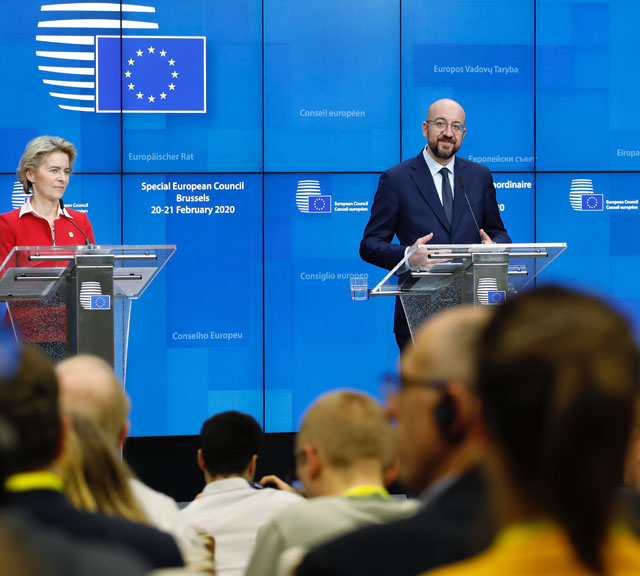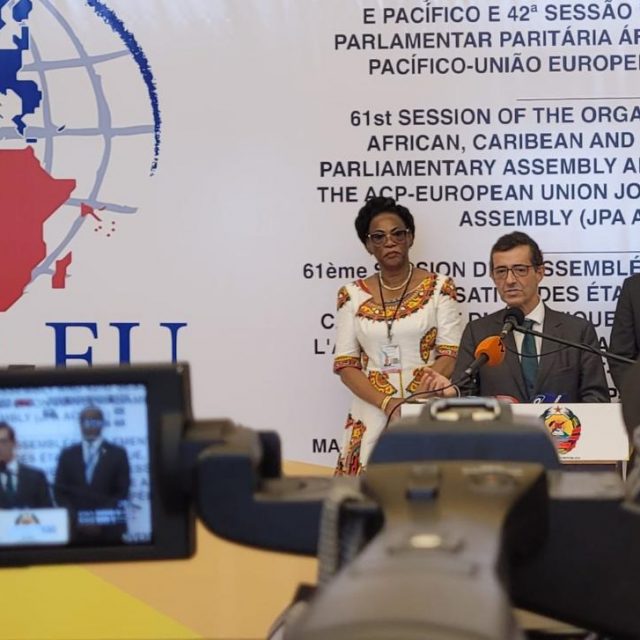Photo by Mika Baumeister on Unsplash
New polling says the far-right is divided” in the run up to the EU elections in June.
This is one of the many findings detailed in a report published by the European Council on Foreign Relations.
It was authored by leading political scientists Ivan Krastev and Mark Leonard and explores citizen attitudes towards the far right, as a political force.
It says divisions currently exist within this grouping on issues such as Ukraine, migration, and EU membership.
The report is timely as it comes just ahead of the European Parliament elections.
The study pulls on nationally representative public opinion data, commissioned by YouGov and Datapraxis, in 12 European member states.
Key findings include:
· Migration policy won’t define the election. Just 15% of respondents across the polled countries view immigration as the leading crisis of the past decade. Immigration, as a lead concern, is exclusive to Germany and Austria, while emigration is equally or more important to voters in Romania, Italy, Spain, Hungary, and Greece.
· The far-right is divided, and is unlikely to define the EU agenda beyond June. ECFR’s data set found that there exist important divisions among anti-Europeans with regards to support for Ukraine, which PiS and the Sweden Democrats strongly endorse, while voters of Hungary’s Fidesz, Austria’s Freedom Party (FPO) and Germany’s AfD believe that Europe should push Ukraine towards a negotiated settlement with Russia. Further divisions are also visible on the salience of migration as a political issue and on EU membership.
· Pro-Europeans shouldn’t campaign on the EU’s track record. European leaders may be tempted to highlight the European Commission’s record on Covid-19, the Green New Deal, and support for Ukraine. But its successful performance on these crises is not recognised by many voters, so a campaign based on the current European Commission’s record could backfire.
Commenting on the new survey report, co-author and founding director of the European Council on Foreign Relations, Mark Leonard, said: “People are wrong to think that the best way to beat the far right is by aping its policies on migration.”
“Our polling shows that migration isn’t the main issue for most voters in most countries and that simply copying far-right policies can make mainstream parties look inauthentic. The better alternative is to focus on the weaknesses of Eurosceptic parties and make a geopolitical case for Europe in the time of Trump.”
Ivan Krastev, co-author and Chair of the Centre for Liberal Strategies, added: “European leaders should not make this an election about migration, but rather about the nature of European borders – military, economic, and human.”
“They should not mobilise people out of solidarity with Ukraine – but rather out of a concern for European sovereignty and security.”
“Faced with uncertainty in American politics and the aggression of Putin, they should argue that we are in a moment in which if the EU did not exist, it would need to be invented.”




